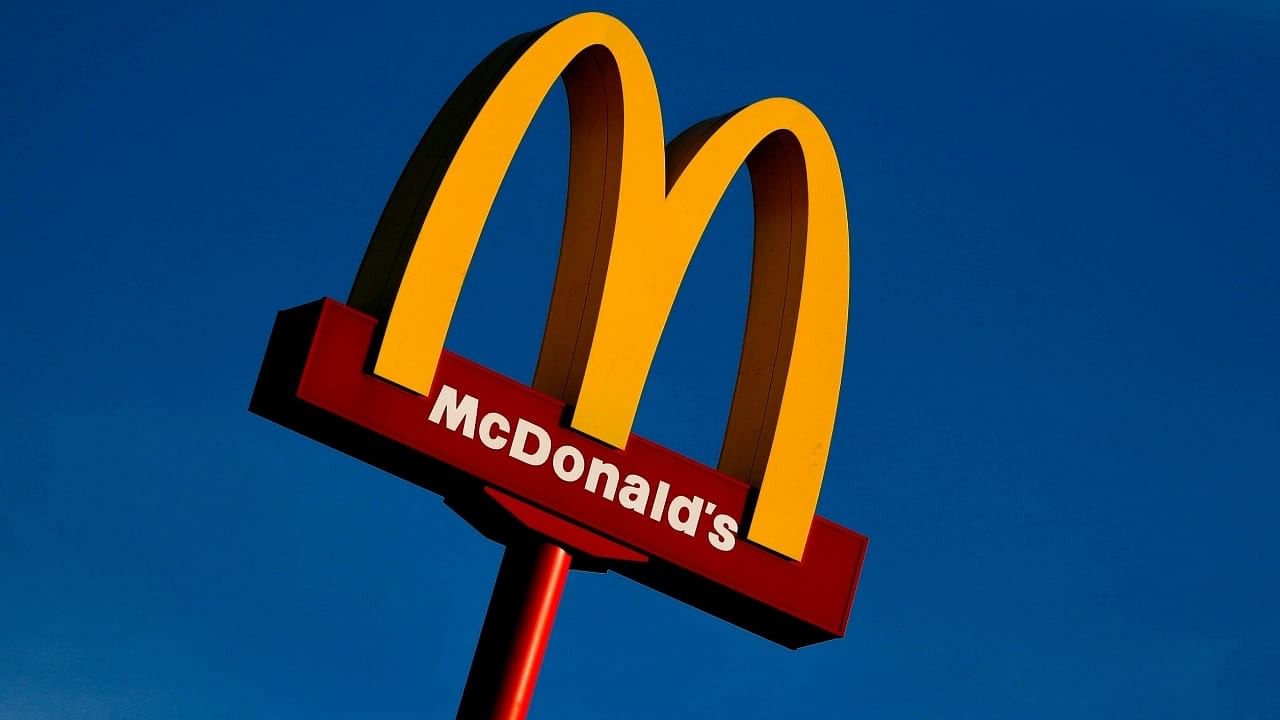
McDonald's missed quarterly profit estimates for the first time in two years as budget-conscious consumers looked past its offers and the Middle East conflict weighed on the burger chain's international sales.
Credit: Reuters photo.
McDonald's missed quarterly profit estimates for the first time in two years as budget-conscious consumers looked past its offers and the Middle East conflict weighed on the burger chain's international sales.
Global comparable sales growth slid for the fourth straight quarter to 1.9%, with the company saying consumers turned "more discriminating with every dollar they spend". Analysts had estimated a 2.35% rise, according to LSEG data.
"Consumer is certainly being very discriminating in how they spend their dollar ... I think it's important to recognize that all income cohorts are seeking value," McDonald's CEO Chris Kempczinski said on a post-earnings call.
McDonald's results were also in contrast to those from other fast food chains that have also leaned on value menu items to lure picky customers, who are taking fewer restaurant trips.
Burger King-owner Restaurant Brands International beat expectations for quarterly results on Tuesday, while Domino's Pizza benefited from offers on pizzas.
McDonald's, like its peers, have raised prices by mid- to high-single-digit percentages over the past year in response to a rise in costs of eggs and other raw items even as lower-income budgets remain stretched.
"We have seen that our relative superiority on affordability has declined in some markets," Kempczinski added.
McDonald's first-quarter same-store sales grew 2.5% in the United States, sharply lower than a 12.6% growth last year and slightly below estimates of a 2.55% growth.
Comparable sales from the company's international licensees, which made up 10% of its overall revenue in 2023, declined 0.2%, offsetting positive trends from Japan, Latin America and Europe. Analysts had expected a 0.98% rise for the unit.
In March, McDonald's CFO Ian Borden had warned of a sequential fall in international sales in the first quarter, pressured by the Middle East conflict and a sluggish Chinese economy, its second-largest market after the United States.
Western brands like McDonald's and Starbucks have faced protests and boycott campaigns against them over their perceived pro-Israeli stance. Last quarter, Starbucks cut its annual sales forecast, partly hit by lower sales and traffic at stores in the Middle East.
McDonald's faced backlash from its franchises in some Muslim countries in October following a move by the company's Israeli restaurants to give free meals to the Israeli military. Earlier this month, the company bought its 30-year-old Israel franchise from Alonyal Ltd.
In December, McDonald's Malaysia sued a movement promoting boycotts against Israel for "false and defamatory statements" that it says hurt its business.
"The impact of the war in the Middle-East will pressure all US brands internationally and this remains an unknown which will create risk for firms generating operating income from this region," said Northcoast Research analyst Jim Sanderson.
Adjusted per-share profit came in at $2.70, below an estimated $2.72, according to LSEG data. Selling, general and administrative expenses rose 10%, due to its investments in digital as well as its restructuring efforts.
The company's shares were largely flat on Tuesday.